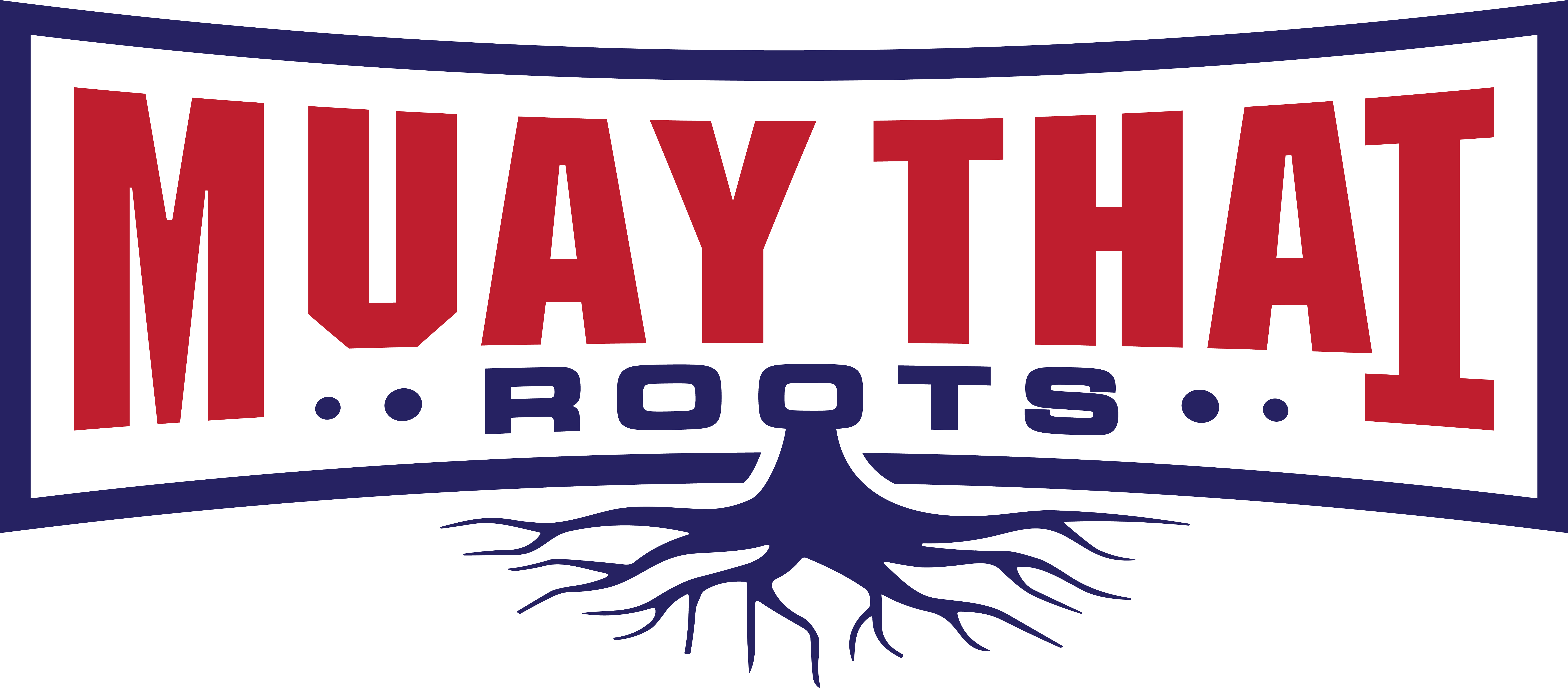Whether you're a seasoned fighter or just starting out, your performance on the heavy bag isn't solely determined by your technique—it's also about what you put into your body. Proper nutrition before and after your workout can significantly impact your energy levels, endurance, and recovery.
Pre-Workout Nutrition: Powering Up for the Bag
Timing Is Everything
Aim to eat a balanced meal 2–4 hours before your workout. This allows your body to digest and convert food into usable energy without causing discomfort during training.
What to Eat
-
Carbohydrates: Your primary energy source. Opt for complex carbs like whole grains, fruits, and vegetables to maintain stable blood sugar and muscle glycogen levels.
-
Protein: Supports muscle repair and satiety. Include moderate portions of lean protein such as chicken, turkey, or plant-based alternatives.
-
Fats: Keep fats moderate; too much can slow digestion and impair performance.
Meal Ideas
-
Oatmeal with Berries & Peanut Butter: Provides complex carbs, antioxidants, and healthy fats.
-
Turkey Sandwich on Whole-Grain Bread with Veggie Sticks: Combines lean protein, fiber, and complex carbs.
-
Sweet Potato, Eggs & Fruit: Offers a mix of complex carbs, protein, and essential vitamins.
Quick Snack (30–60 Minutes Prior)
If you're short on time:
-
Banana or Apple Slices with Nut Butter: Quick-digesting carbs plus a touch of protein and fat.
-
Small Protein Smoothie: Blend whey or plant-based protein with half a banana and water or almond milk.
Hydration
Begin hydrating at least 2–3 hours before your session—aim for 500–600 ml of water. Continue sipping water during warm-up and between rounds to replace sweat losses.
During Your Workout: Staying Hydrated
For most 30– to 60-minute heavy bag sessions, plain water suffices. If you're training longer or in high heat, consider a sports drink with electrolytes to maintain performance and prevent cramping.
Post-Workout Nutrition: Recovery and Replenishment
The Anabolic Window
After intense training, your muscles crave glycogen replenishment and protein to repair microscopic damage. Consuming carbs and protein within 30–60 minutes—often called the "anabolic window"—optimizes recovery and adaptation.
What to Eat
-
Carbohydrates: Aim for 2–2.5 grams per kilogram of body weight to restore glycogen.
-
Protein: Consume 0.3–0.4 grams per kilogram of body weight to kickstart muscle protein synthesis.
-
Fats: Keep low immediately post-workout to speed nutrient absorption, then include healthy fats in your next meal.
Meal Ideas
-
Grilled Chicken, Sweet Potato & Broccoli: Provides lean protein, complex carbs, and fiber.
-
Protein Shake with Fruit: Fast-digesting protein plus simple sugars to reduce inflammation and replenish glycogen.
-
Greek Yogurt with Berries & Honey: Combines whey protein with antioxidants and quick carbs.
-
Hard-Boiled Eggs & Whole-Grain Toast: Offers premium protein with complex carbs for steady recovery.
Rehydration
Replace fluids lost during the workout; aim for 1.5 liters for every kilogram lost in sweat. Include a pinch of salt or an electrolyte drink if you've sweated heavily.
Sample Meal Plan for Fighters
|
Timing |
Meal |
Macronutrient Focus |
|
3–4 hours before |
Turkey & Avocado Sandwich + Veggie Sticks |
Complex carbs, lean protein, fiber |
|
30–60 min before |
Banana + Almond Butter |
Quick carbs, moderate fat/protein |
|
Immediately after |
Protein Shake (25 g protein) + Pineapple |
Fast protein, simple sugars |
|
1–2 hours after |
Grilled Chicken Bowl (Sweet Potato, Broccoli) |
Mixed carbs, protein, micronutrients |
Additional Tips for Fighters
-
Micronutrients Matter: Include colorful fruits and vegetables to supply vitamins and antioxidants that fight exercise-induced oxidative stress.
-
Supplement Wisely: Whey or plant protein, branched-chain amino acids (BCAAs), and creatine can support performance and recovery when used appropriately.
-
Listen to Your Body: Everyone's digestion and energy needs differ—experiment with timing and portions to find your optimal pre- and post-workout meals.
Maintaining a strategic nutritional plan around your boxing bag workouts ensures you'll punch harder, train longer, and recover faster—key ingredients for any fighter's success. Start applying these guidelines today, and you'll feel the difference in your next session.
For more tips, gear, and fighter-focused content, check out MuayThaiRoots.com





